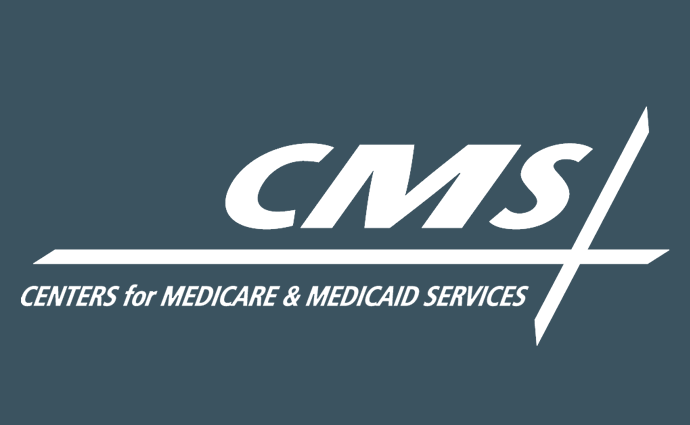CMS Proposes New Exceptions to Stark Law for Value-Based Care
A CMS proposal seeks to modernize the Stark Law by adding new, permanent exceptions for providers participating in value-based care models.

Source: CMS
- A rule proposed by CMS earlier today aims to modernize Medicare’s physician self-referral law, which is also known as the Stark Law, in an effort to advance value-based care.
The Stark law prohibits physicians from making referrals for certain services reimbursable by Medicare if he or an immediate member of his family has a financial relationship with the entity performing the referred service.
Policymakers enacted the law in 1989 when Medicare primarily reimbursed physicians via fee-for-service. Since then, Medicare and other payers have started to tie physician reimbursement to value rather than volume of services, and many stakeholders have expressed concerns that the physician self-referral law hinders a physician’s ability to deliver value-based care.
HHS itself released official comments on how the law impedes value-based care delivery by preventing physicians and other healthcare providers from engaging in certain value-adding activities, such as care coordination and implementation of financial incentives to achieve quality standards and cost reductions.
Through its agencies, the federal department has been considering ways to reform Stark law for over a year to remove impediments to value-based care. And today, CMS released the department’s strategy for modernizing the law.
CMS proposed earlier today to reform the law to allow physicians to engage in value-based care models that require coordination across the care continuum, care quality improvements, and cost reductions.
Specifically, the proposed rule would create new exceptions to the Stark law for those participating in value-based care models.
Providers in certain value-based care models run by the CMS Innovation Center can already apply for fraud and abuse waivers, including those for the physician self-referral law. But this proposed rule would create additional and permanent waivers for providers in these and other value-based care models.
The exceptions would also apply to physicians providing value-based care to patients other than Medicare beneficiaries.
The proposed rule would also create other new exceptions, include those to protect physicians and other providers in “non-abusive, beneficial arrangements,” CMS highlighted. For example, the exceptions would allow for donations of certain cybersecurity technology that aim to protect to the integrity of healthcare in both the fee-for-service and value-based payment systems.
“The proposed rule includes a comprehensive package of proposed reforms to modernize the regulations that interpret the Stark Law while continuing to protect the Medicare program and patients from bad actors. Under this proposed rule, for the first time, the regulations would support the necessary evolution of the American healthcare delivery and payment system,” CMS stated in a fact sheet announcing the rule.
Industry stakeholders have already started to respond to the proposed rule.
The National Association of ACOs (NAACOS), for example, applauded CMS’ efforts “to enhance value-based care, giving ACOs and other models tools needed to succeed, improving regulatory certainty, and reducing administrative burden,” the association said in a statement emailed to journalists.
“On a call this morning, administration officials confirmed the new proposals do not supersede or override current HHS waivers for ACOs participating in the Medicare Shared Savings Program. NAACOS would encourage HHS to underscore this positive news and clarify that these new proposals build upon and give additional flexibility for today’s ACOs,” added NAACOS.
On the other hand, the Medical Group Management Association (MGMA) expressed concerns.
“Existing Stark regulations are fundamentally hyper-technical from beginning to end,” Anders Gilberg, the association’s senior vice president of government affairs said in an emailed statement. “This rule adds layers upon layers to a regulatory scheme that was originally intended to provide bright-line guidance for medical practices, but never has. The new proposal fails to clarify fundamental issues related to group practices and confirms our longstanding position that Congress needs to change the law.”
Gilberg encouraged CMS to work with Congress to update the law if the agency “doesn’t believe it has the authority to provide meaningful Stark reform.”
